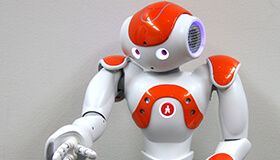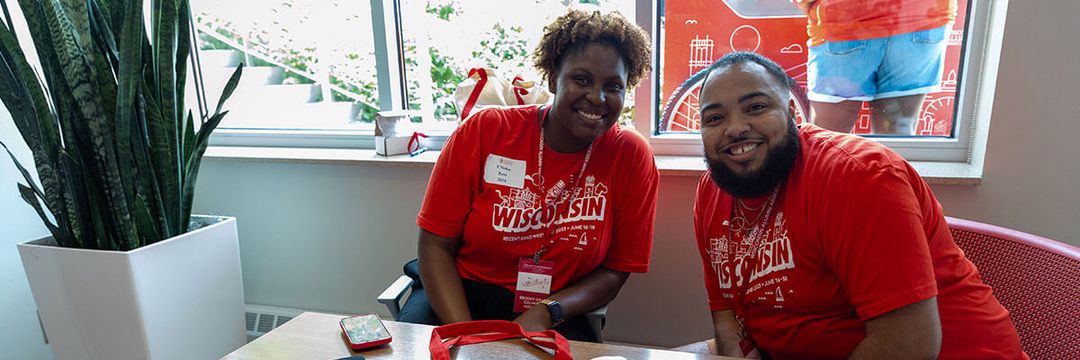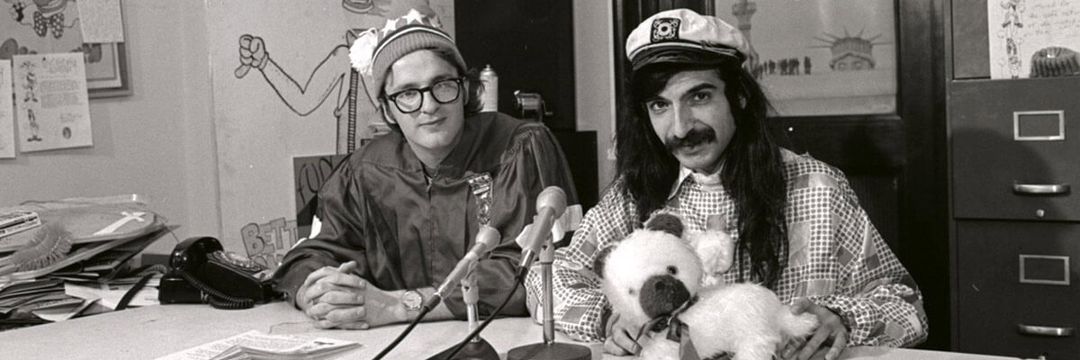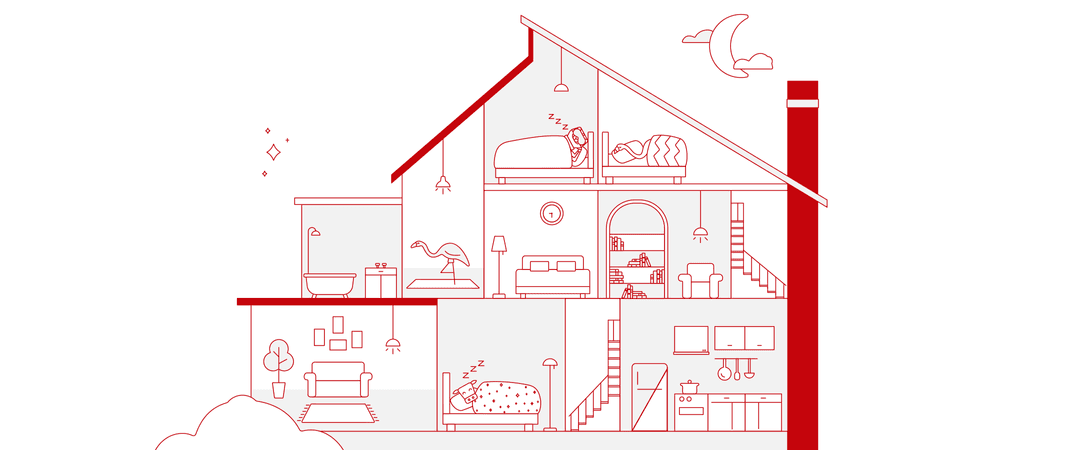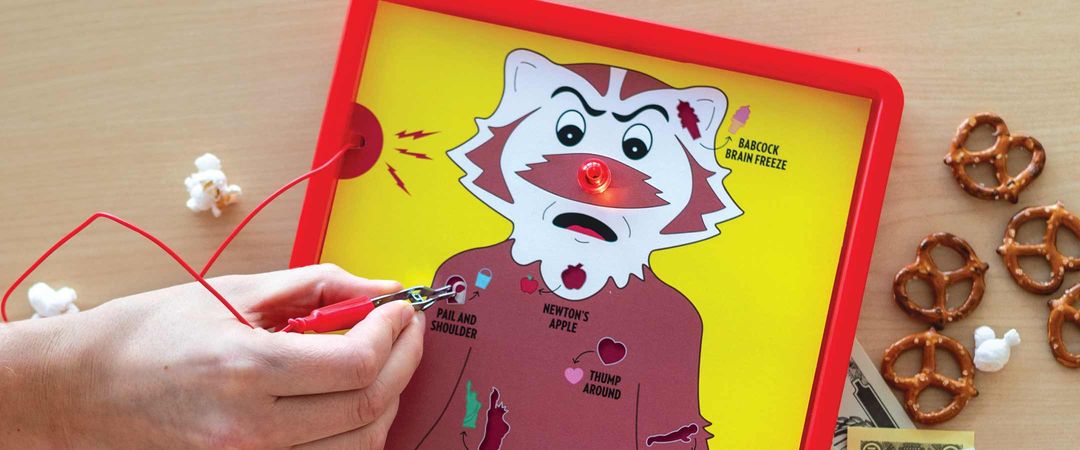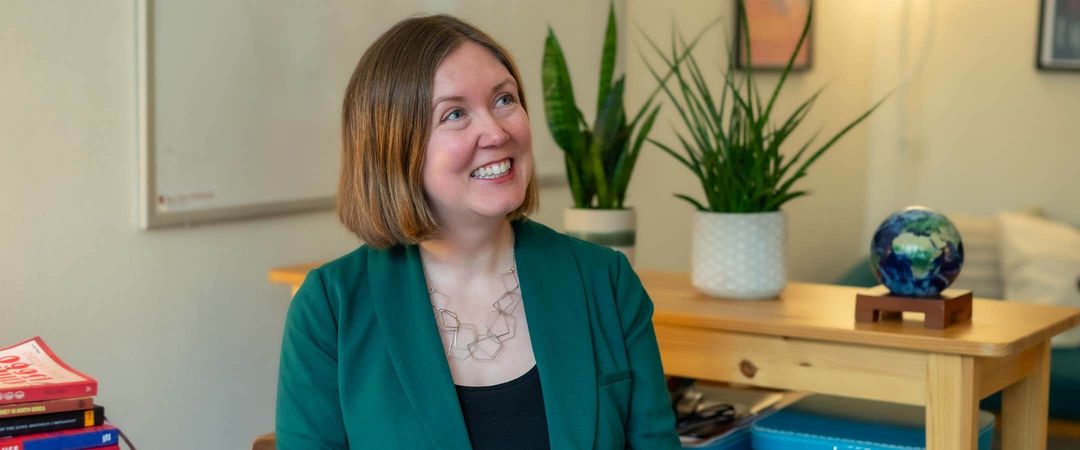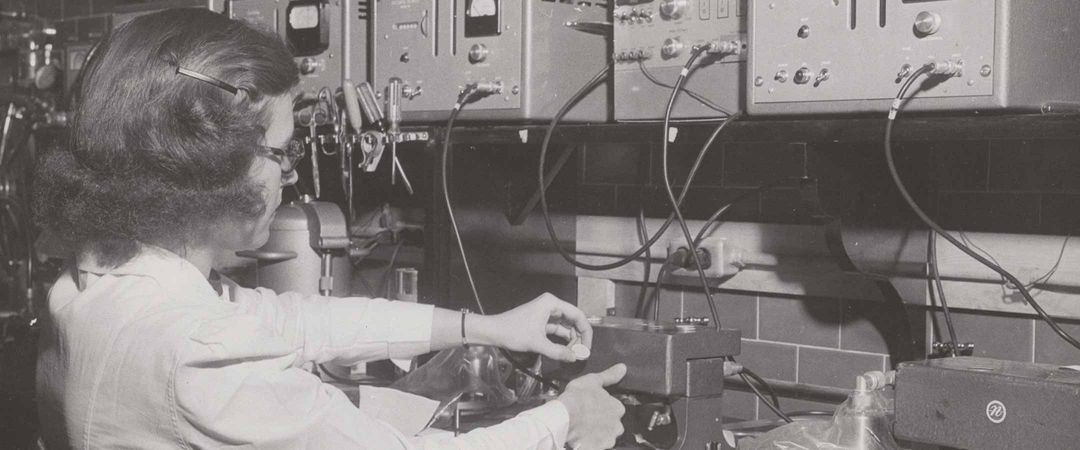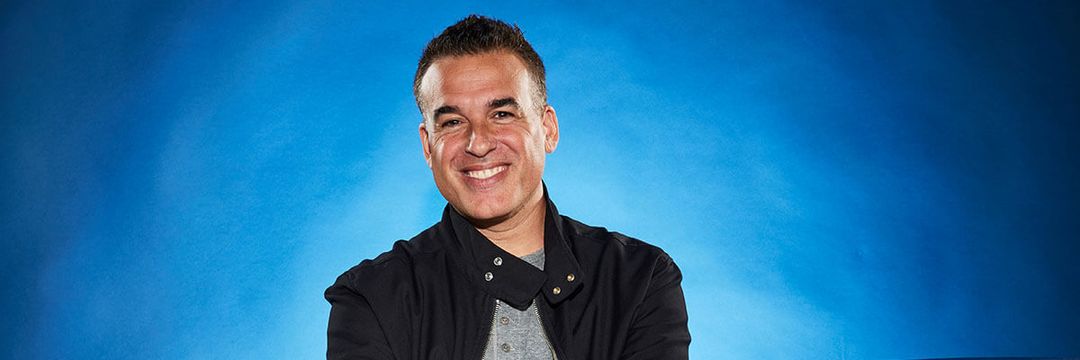Bilge Mutlu
Associate Professor, Department of Computer Sciences
Director, Wisconsin Human-Computer Interaction Laboratory
Organizer, campus WHCI+D (Wisconsin Human-Computer Interaction and Design) Group
Initially a product designer in the household-appliances industry, Bilge Mutlu shifted his career in the early 2000s when the industry started exploring home automation and “intelligent” appliances. He thought that if users were going to interact with the intelligence and not with the appliance, the industry’s design focus needed to shift from the appliance to the intelligence — a belief that led Mutlu to earn his doctorate in human-computer interaction from Carnegie Mellon University.
Today Mutlu’s research falls into two main areas: developing new methods and guidelines for designing robotic technologies for human use, and seamlessly integrating those technologies into human environments. To ensure that his work benefits people and supports their values, he draws from philosophy and ethics as he seeks to understand human needs, expectations, and concerns. Among his accomplishments so far, Mutlu has designed drones that can signal their direction and intent to passersby as well as instructional robots that can help students to revive their flagging attention.
Mutlu — who also codirects the “Mad UX” User Experience Design Online Certificate Program — enjoys crafting solutions, which almost always happens when he and his students are thinking through a problem at the white board.
“Robotics holds so much potential and involves so many deep technical challenges that there is always space for exploration and innovation,” he says.
My assigned reading includes:
Deep Work: Rules for Focused Success in a Distracted World by Cal Newport. As a theoretical computer scientist with deep insight into the cognitive demands of knowledge work, [Newport] shares excellent advice on how to create value in an increasingly specialized, yet distracted world. I have read and reread the book and have recommended it to mentees and colleagues who expressed being too busy, too distracted, and too unfocused.
At the moment, I’m reading:
I am currently reading Meditations by Marcus Aurelius, Enchiridion and Discourses by Epictetus, and Antifragile: Things That Gain from Disorder by Nassim Nicholas Taleb. The first two are original texts on stoic philosophy, and the last one convincingly argues that biological and social systems flourish when they are exposed to stressors and provides lessons for how artificial systems might be designed.
My favorite place on campus to read is:
The Wisconsin Historical Society library is a gem of a place for reading. I also listen to audiobooks when I am walking across campus or when I am on a run either on the Lakeshore Path or on the indoor track in the Shell in the winter.
Preference: curl up with a good book, or plug into an e-reader:
I prefer curling up with a good book, but these days I do my most of reading by listening to audiobooks when I am walking or running.
I like to reread:
I read, almost daily, Winnie-the-Pooh by A. A. Milne and The Complete Tales by Beatrix Potter for my kids.
I keep meaning to get around to reading:
I would like to get around reading Edward Gibbon’s The Decline and Fall of the Roman Empire soon.
